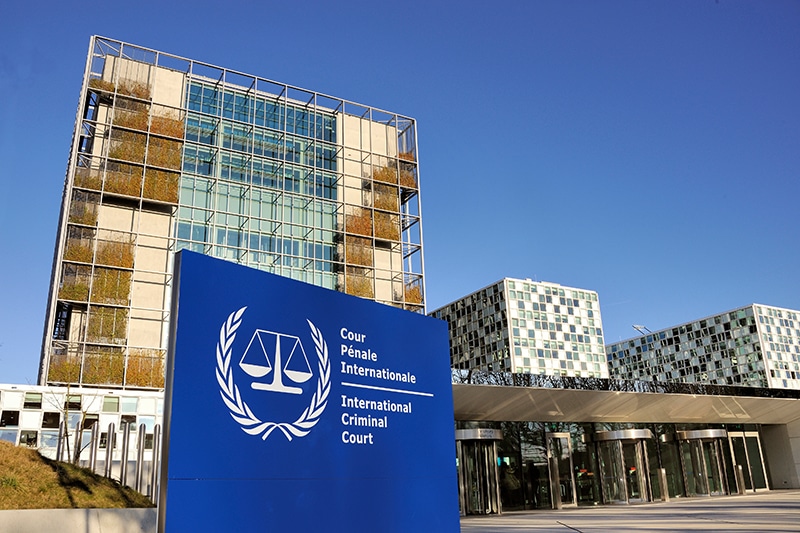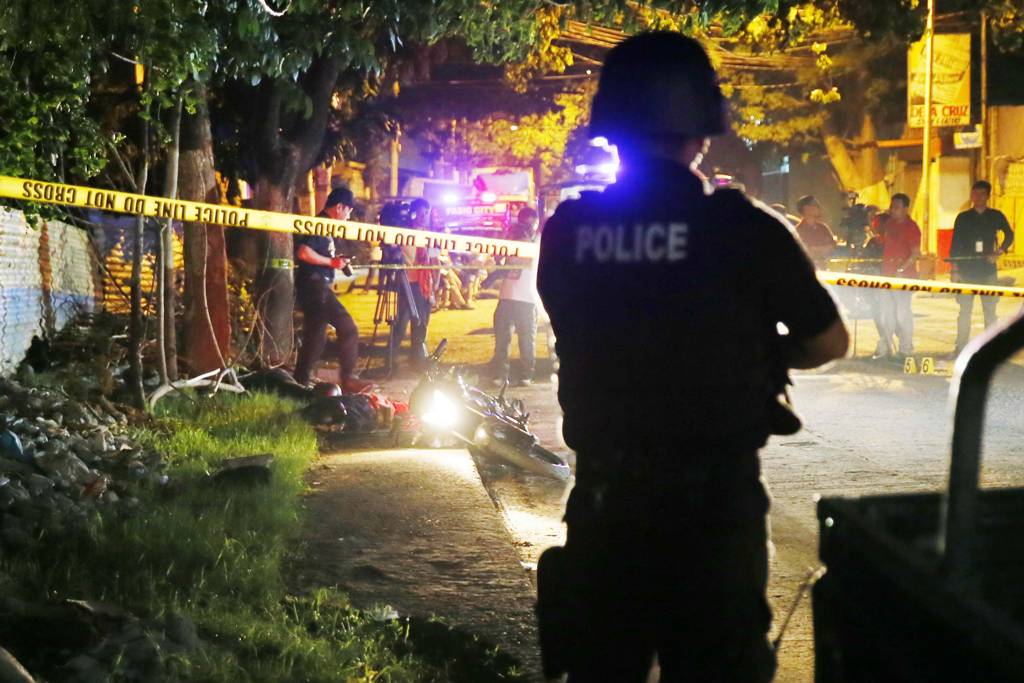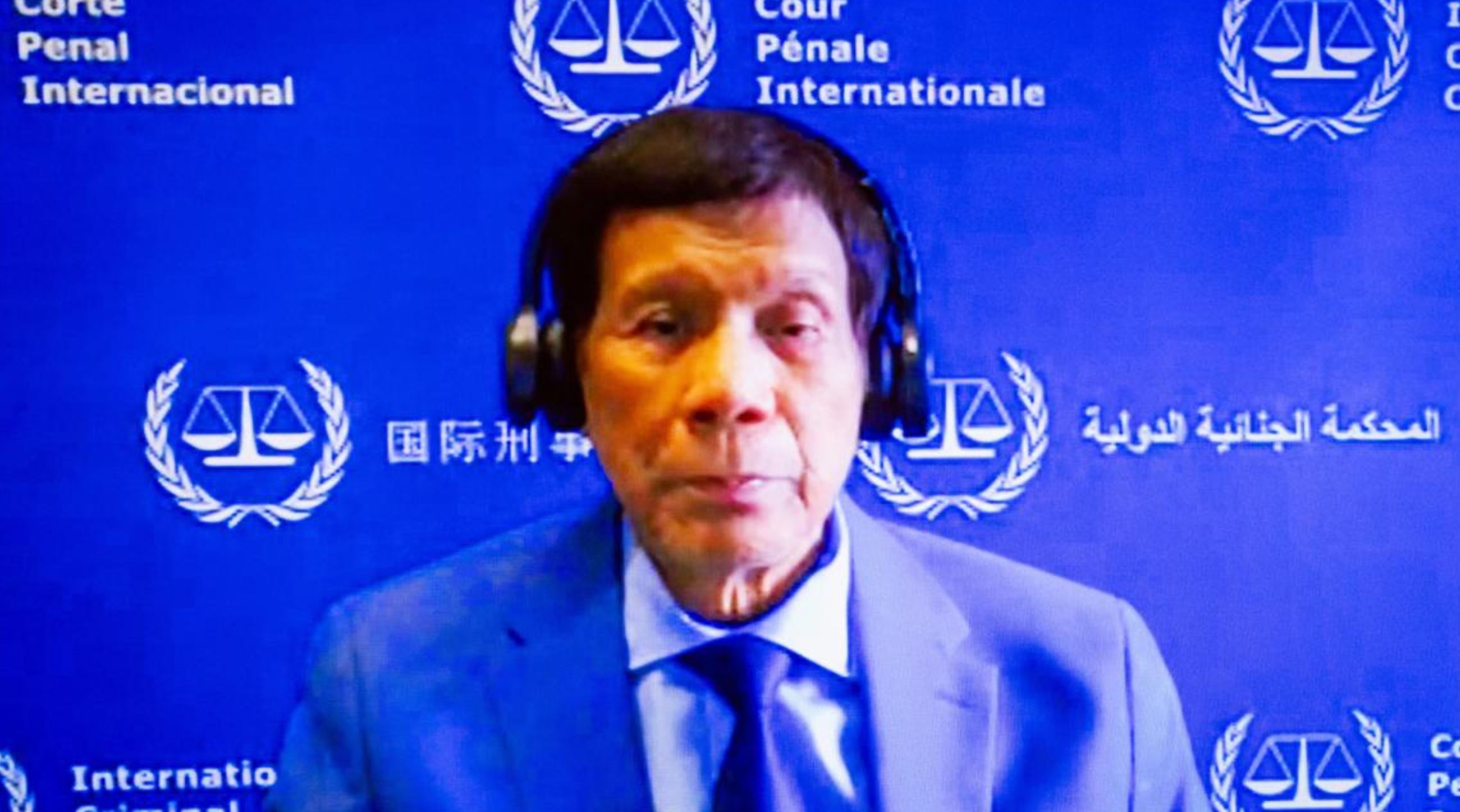The International Criminal Court (ICC) Appeals Chamber is set to announce its decision on November 28 regarding former President Rodrigo Duterte’s bid for interim release, a ruling that is expected to draw intense national and international attention as the investigation into the deadly “war on drugs” continues.
Duterte filed the appeal after ICC judges earlier denied his request for temporary freedom, arguing that his age and health should merit humanitarian consideration. His legal team maintains that the former leader does not pose a flight risk and is prepared to comply with all court directives while legal proceedings move forward.

However, ICC prosecutors remain firm in their opposition, stressing the severity of the allegations—which involve thousands of drug-war killings—and citing concerns over potential witness intimidation and obstruction. Human rights advocates have echoed this position, insisting that allowing Duterte to walk free, even temporarily, could jeopardize the safety of witnesses and compromise the integrity of the investigation.
The upcoming decision is also taking place against the backdrop of the Philippines’ withdrawal from the ICC in 2019. Despite this move, the Court has repeatedly affirmed its jurisdiction over alleged crimes committed while the country was still a member state. Earlier this year, ICC judges reiterated that the withdrawal “does not extinguish accountability,” allowing the probe into drug-related killings to continue.
Adding further complexity, the Dutch government—where the ICC is headquartered—submitted a formal response in September to address issues related to Duterte’s detention and the feasibility of a possible release. These submissions form part of the Appeals Chamber’s consideration as it prepares to deliver its ruling.

Observers say that the Nov. 28 outcome could influence not only Duterte’s legal position but also global discussions on accountability for former heads of state. A ruling granting interim release would be seen as a significant departure from the ICC’s usual stance in high-profile cases, while a denial would reinforce the Court’s emphasis on witness protection and judicial integrity.
As the date nears, the decision is poised to become another pivotal moment in the ongoing quest for justice for victims of the drug war—one that may shape the next phase of the ICC’s proceedings and the wider discourse on human rights in the Philippines.







